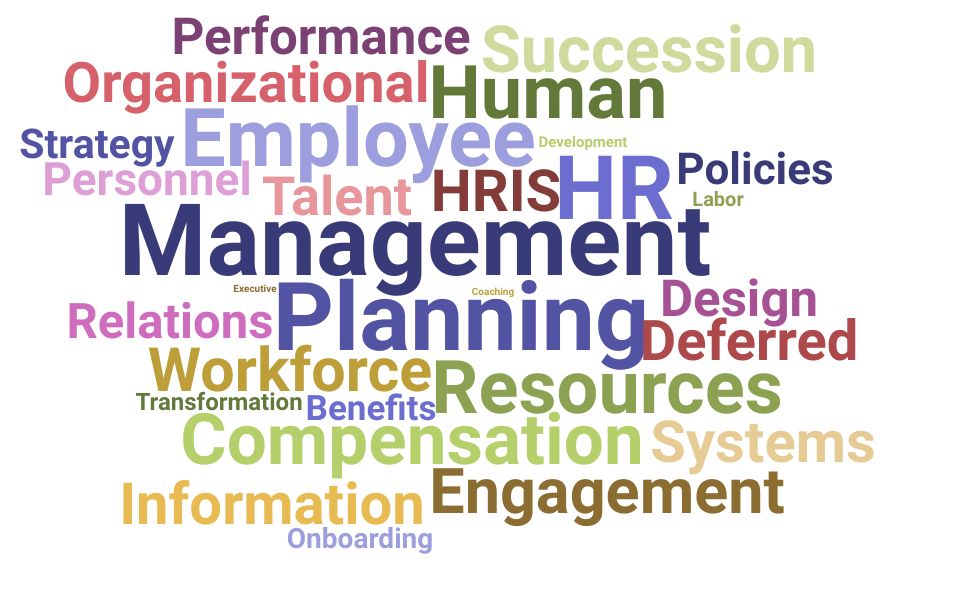Healthcare Employee Bifurcation
Welcome to International Standards of Human Resources Management by JCI under SQE
HRM - Human Resources Management
SQE - Staff Qualification & Education
JCI - Joint Commission International
Types of Employment and Types of Employees in Big Hospitals (Including NABH, JCI, and WHO Standards)
1. Types of Employment in Big Hospitals
1.1 Full-Time Employment
- Regular working hours and benefits.
- Commonly offered to senior staff and permanent roles.
- NABH/JCI/WHO Standards: Compliance with labor laws, adequate staffing ratios, and workforce well-being programs are emphasized.
1.2 Part-Time Employment
- Reduced working hours compared to full-time roles.
- Typically for employees who need flexibility.
- NABH/JCI/WHO Standards: Proper documentation of working hours and roles to ensure quality and consistency of care.
1.3 Contract-Based Employment
- Fixed-term agreements with specific start and end dates.
- Often for specialized projects or temporary requirements.
- NABH/JCI/WHO Standards: Contracts must detail roles, responsibilities, and adherence to hospital policies.
1.4 Temporary Employment
- Short-term roles to fill immediate staffing needs.
- Common during busy seasons or for covering staff on leave.
- NABH/JCI/WHO Standards: Temporary staff must undergo orientation and training to meet hospital accreditation requirements.
1.5 Freelance and Consultant Roles
- Independent professionals offering specialized services.
- Usually engaged for expertise in specific areas.
- NABH/JCI/WHO Standards: Freelancers and consultants should have valid credentials and certifications verified by the institution.
1.6 Per Diem Employment
- On-call or as-needed basis employment.
- Offers flexibility and premium hourly wages.
- NABH/JCI/WHO Standards: Institutions must ensure that per diem employees maintain the same level of competency and compliance as regular staff.
2. Types of Employees in Big Hospitals
2.1 Medical Professionals
2.1.1 Physicians and Surgeons
- General Practitioners (GPs)
- Specialists (Cardiologists, Neurologists, Oncologists, etc.)
- Surgeons (Orthopedic Surgeons, Plastic Surgeons, etc.)
- Anesthesiologists
- Emergency Medicine Physicians
- NABH/JCI/WHO Standards: All medical professionals must have valid licenses and participate in continuous medical education (CME).
2.1.2 Nurses
- Registered Nurses (RNs)
- Nurse Practitioners (NPs)
- Licensed Practical Nurses (LPNs)
- Certified Nursing Assistants (CNAs)
- Clinical Nurse Specialists (CNS)
- Nurse Educators
- NABH/JCI/WHO Standards: Emphasis on nurse-patient ratios, infection control training, and care documentation.
2.1.3 Allied Health Professionals
- Pharmacists
- Physiotherapists
- Occupational Therapists
- Speech-Language Pathologists
- Dietitians and Nutritionists
- Respiratory Therapists
- Radiology Technicians
- Medical Laboratory Technologists
- NABH/JCI/WHO Standards: Allied health professionals must adhere to protocols for patient safety and undergo regular skill assessments.
2.2 Administrative Staff
2.2.1 Hospital Administrators
- Chief Executive Officers (CEOs)
- Chief Operating Officers (COOs)
- Department Managers (e.g., Radiology, Cardiology)
- Medical Records Managers
- NABH/JCI/WHO Standards: Administrators must focus on policy implementation, patient safety, and compliance with healthcare standards.
2.2.2 Billing and Coding Specialists
- Medical Billing Clerks
- Medical Coders
- Revenue Cycle Managers
- NABH/JCI/WHO Standards: Accurate documentation and adherence to coding standards such as ICD are mandatory.
2.2.3 Human Resource Personnel
- HR Managers
- Recruiters
- Training Coordinators
- Payroll Specialists
- NABH/JCI/WHO Standards: HR teams must ensure proper hiring practices, background checks, and employee welfare programs.
2.3 Support and Operational Staff
2.3.1 Technicians
- Radiology Technicians
- Laboratory Technicians
- Dialysis Technicians
- Surgical Technologists
- NABH/JCI/WHO Standards: Technical staff must follow protocols for equipment handling, sterilization, and safety checks.
2.3.2 Facility Maintenance Workers
- Custodial Staff
- HVAC Technicians
- Biomedical Engineers
- NABH/JCI/WHO Standards: Facility workers must maintain hygiene, ensure functional equipment, and follow safety guidelines.
2.3.3 Security Personnel
- Security Guards
- Emergency Response Coordinators
- NABH/JCI/WHO Standards: Security staff must be trained in emergency response and patient confidentiality protocols.
2.4 Research and Educational Staff
2.4.1 Clinical Researchers
- Clinical Trial Coordinators
- Research Scientists
- Biostatisticians
- NABH/JCI/WHO Standards: Researchers must adhere to ethical guidelines, patient consent processes, and proper documentation.
2.4.2 Educators and Trainers
- Medical Professors
- Residency Program Coordinators
- Simulation Lab Coordinators
- NABH/JCI/WHO Standards: Training programs must align with current medical practices and accreditation requirements.
3. Emerging Employment Trends in Healthcare
3.1 Remote and Telehealth Roles
- Telehealth Physicians
- Remote Patient Monitoring Specialists
- Virtual Health Coaches
- NABH/JCI/WHO Standards: Ensure data security, patient confidentiality, and quality of care in virtual settings.
3.2 Gig Economy Workers in Healthcare
- Traveling Nurses
- Locum Tenens Physicians
- Per Diem Technicians
- NABH/JCI/WHO Standards: Proper credentialing and orientation programs are necessary for temporary staff.
3.3 Hybrid Job Roles
- Nurse Informaticists (Combining IT and Nursing)
- Physician Executives
- Clinical Data Analysts
NABH/JCI/WHO Standards: Hybrid roles must be clearly defined with guidelines for responsibilities and performance metrics.


Comments (0)
No comments yet. Be the first to comment!